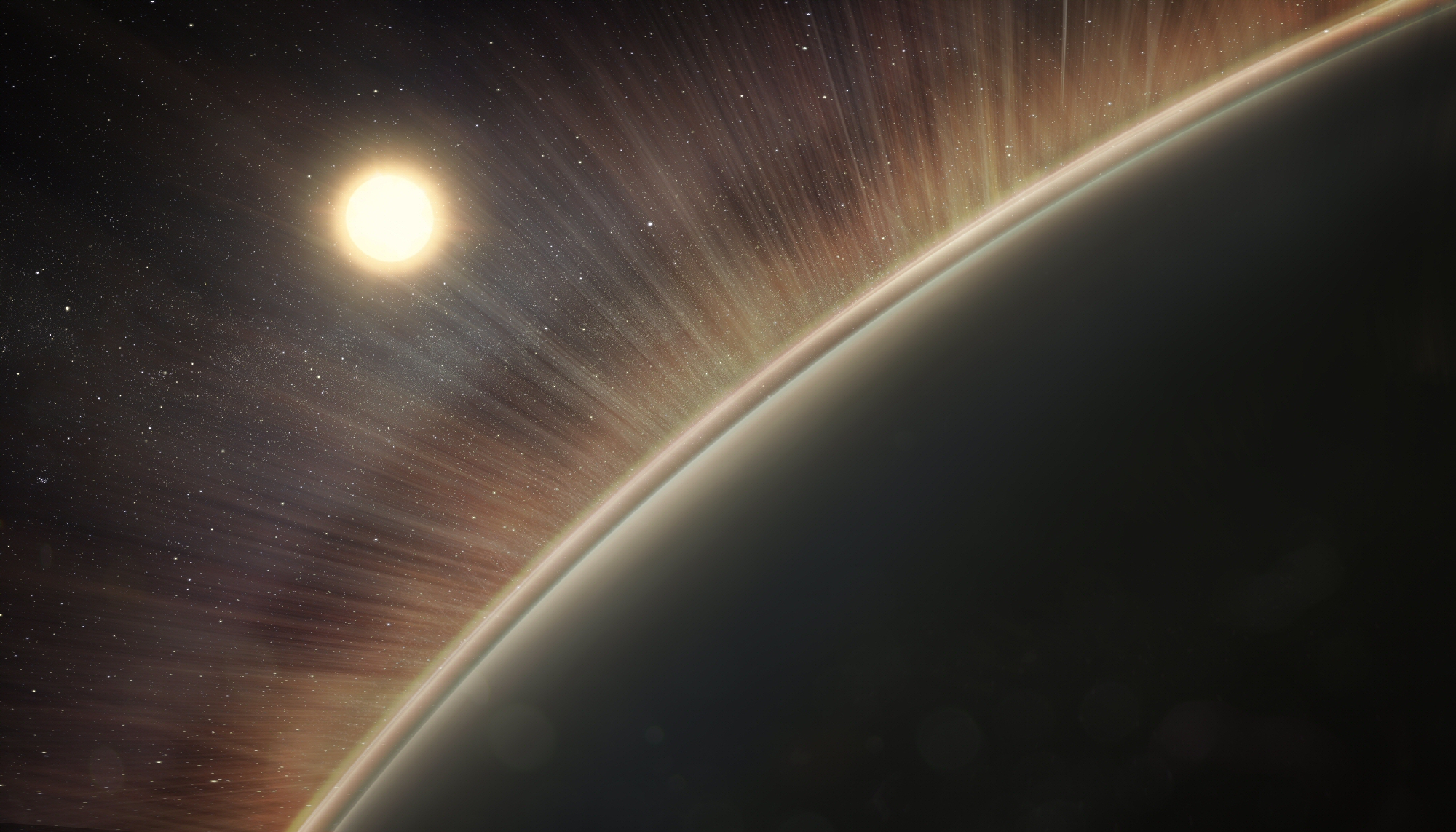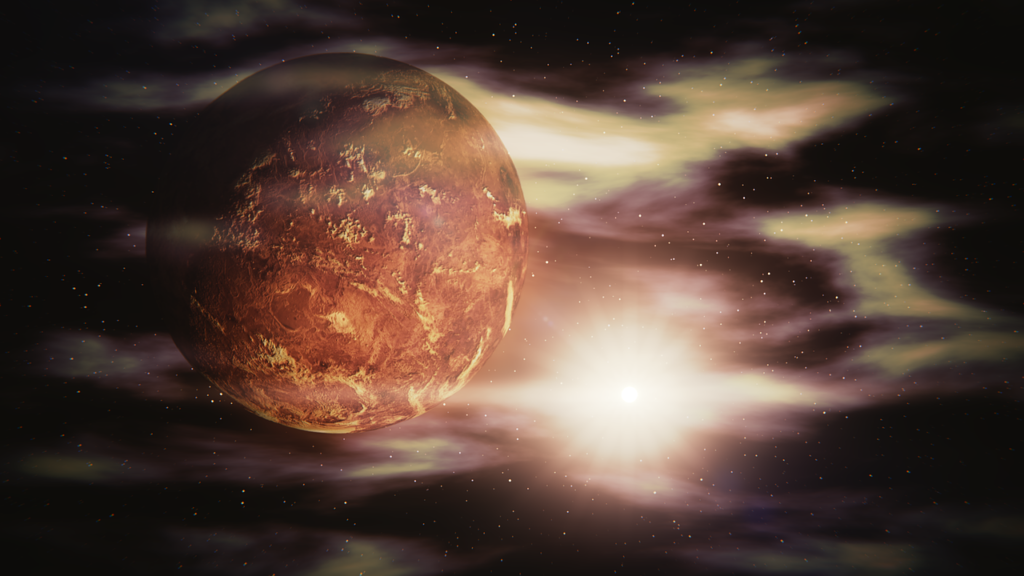Venus Was Once Habitable As It Had A Liquid Ocean On Its Surface

Venus is the hottest planet in the whole Solar System, and its temperatures are high enough to melt lead. This is probably one reason for which the planet is described by some as “hellish.”
The air here is toxic plume, and it consists of carbonic dioxide and sulfuric acid rain clouds.
Despite its’ massively uninhabitable features, it seems that scientists have some reasons to believe that Venus has been once completely different with cooler temperatures and also a liquid ocean on the surface.
According to the experts’ speculations, the face of the plant has been transformed billions of years ago due to a runaway greenhouse effect.
Venus had liquid oceans on its surface
An international team of experts that has been supported by NASA studied the fantastic planet. Venus has a really dense atmosphere at 93 times the pressure of the one of Earth and a slow rotation as well. The temperature of the planet never changes no matter whether it’s day or night there.
We’ll make a comparison so that you can better understand the issue: Earth rotates at high speed, relatively, and it completes a day after 23 hours, 56 minutes and 4 seconds, and Venus takes 243 hours to complete a full rotation on its axis.
Venus is also rotating in the opposite direction of Earth and most of the planet, and this phenomenon is called retrograde rotation.
Venus’ average temperature remains at 462°C (864°F) at all times.
According to astronomers, the planet used to have a similar rotation as Earth both direction-wide and speed-wise, and that’s why it would have been able to hold a liquid ocean on its surface and even support life forms.
The ocean was reportedly responsible for the planet’s changes
Experts came together to analyze whether or not early Venus was able to host an ocean that has been responsible for the massive changes that the planet went through.
Astronomers have discovered that ocean tides on Venus may have slowed down its rotation by 72 Earth days every million years.
In other words, 10 to 50 million years would have been enough to slow down the planet to its current state.

0 comments